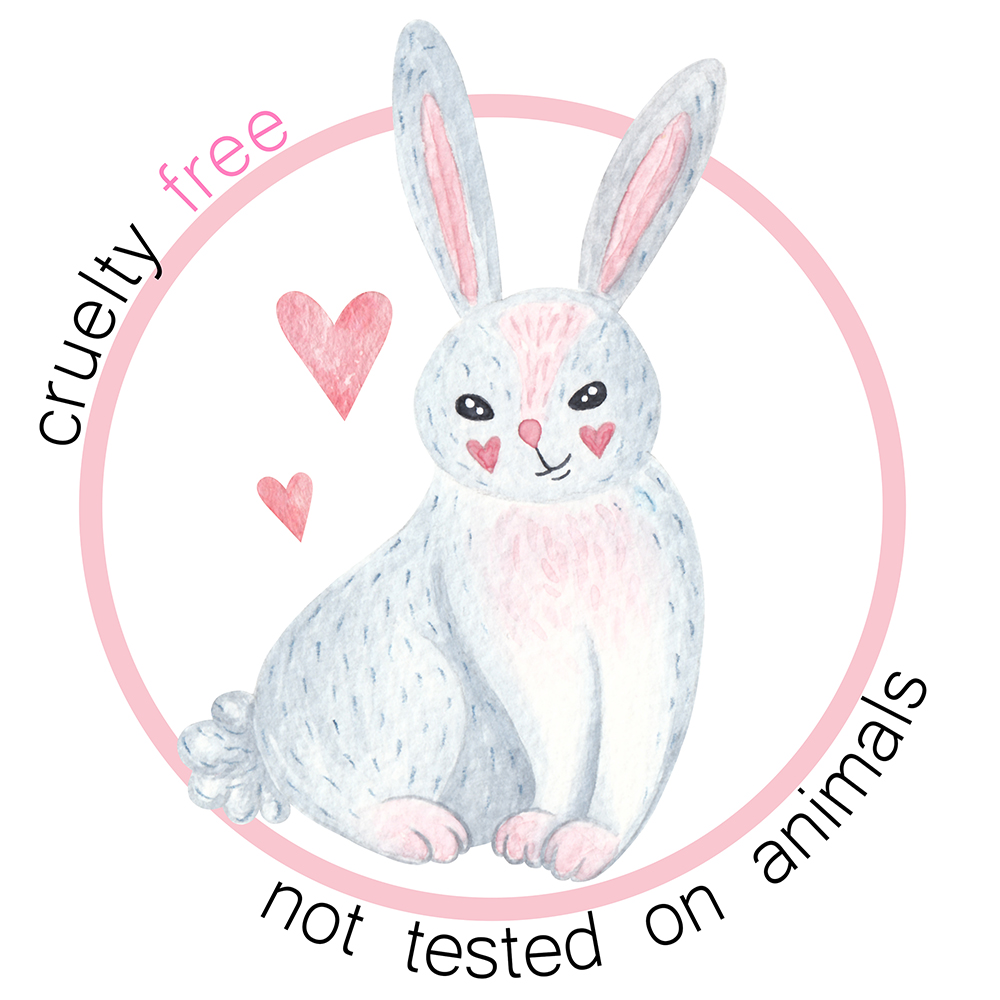A growing number of today’s consumers want quality products that work well, are safe to use, have a long shelf life – and do not involve the use of animal products. This trend towards cruelty-free products started with the abandonment of furs in clothing and the demand for humane farming practices. Now an increasing number of consumers are demanding cruelty-free cosmetics. In fact, cruelty-free cosmetics are one of the fastest growing segments in the beauty industry.
Many consumers are taking a closer look at what goes into their cosmetics, which traditionally contain animal products. Moisturizers, creams and lotions often contain lanolin, for example, which wax-like substance from sheep’s wool. Crushed up cochineal insects give some types of lipstick their red color, while the hair, nails, horns and hooves of animals make up the keratin in shampoo.
Fortunately, consumer awareness of animal testing has grown substantially over the years. The increased awareness has inspired many consumers to turn their backs on unethical retailers and to stop buying brands that use animal byproducts as ingredients. This awareness and shift in purchasing patterns has prompted manufacturers to adopt cruelty-free practices and to seek out testing to certify that their products are cruelty-free.
What are Cruelty-Free Cosmetics?
The U.S. Food and Drug Administration (FDA) has not yet defined “cruelty-free,” but most in the industry use the term to describe cosmetics and ingredients that have not been tested on animals. This lack of definition can make it difficult for consumers to have confidence that the product is truly cruelty-free.
To ensure that the products they buy are indeed cruelty-free, many consumers are turning to vegan-friendly goods. “Vegan-friendly” means the products do not contain any kind of animal byproduct commonly used in cosmetics, such as lanolin, beeswax, milk, egg whites, honey, collagen or horsehair. By nature, many vegan brands are cruelty-free because they do not involve the use of animals in the manufacturing of the product.
The Demand for Cruelty-Free Cosmetics is Rising
To measure the trends towards cruelty-free cosmetics, many research firms combine cruelty-free and vegan cosmetics together. The business research and consulting firm, Grand View Research, says that the global vegan cosmetics market size was worth an estimated USD 12.9 billion in 2017. A rising aging population and growing consciousness to maintain a youthful appearance will likely drive the market size even higher in the next few years.
The cosmetics market is highly competitive, and the personal care products that perform the best are usually the most innovative and responsive to consumer preferences. In response to growing awareness of environmental and animal well-being, many companies now avoid using animal-derived raw materials.
The trend towards cruelty-free and vegan cosmetics is global. Marketing Week reports that vegan beauty products in the UK grew 38 percent in 2018, and that more than half of all Brits now adopt vegan-centric purchasing behaviors, such as checking to make sure that the toiletries they buy are cruelty-free.
While a growing number of older adults are buying cruelty-free cosmetics to help them remain young looking, millennials are also a primary driving force behind the move towards kinder products. About 12 percent of Millennials describe themselves as vegetarians or vegans, according to Forbes, which makes them a significant economic force in the cosmetics marketplace.
As the population grows, ages, and becomes more aware of the use of animals in the products they use, the trend towards cruelty-free products will likely continue. Many cosmetic makers around the world have begun to realize the environmental importance and economic benefits of making mineral- and plant-based products rather than manufacturing products infused with ingredients extracted from animals. Vegan products have several characteristics and properties, such as soothing skin and healing ailments, which animal products do not have.
A number of companies in the hair care cosmetics industry have made the switch towards mineral- and plant-based products, so cruelty-free shampoos and conditioners are easy to find. Vegan hair mousse, gels, sprays, and hair masks are a little more difficult to find, based on location and regional demographics. Some companies are investing heavily in exploration and research to come up with animal-free ingredients, such as babassu oil from Brazil and sandalwood extracts from Western Australia’s, vastly preferred by consumers around the world.


